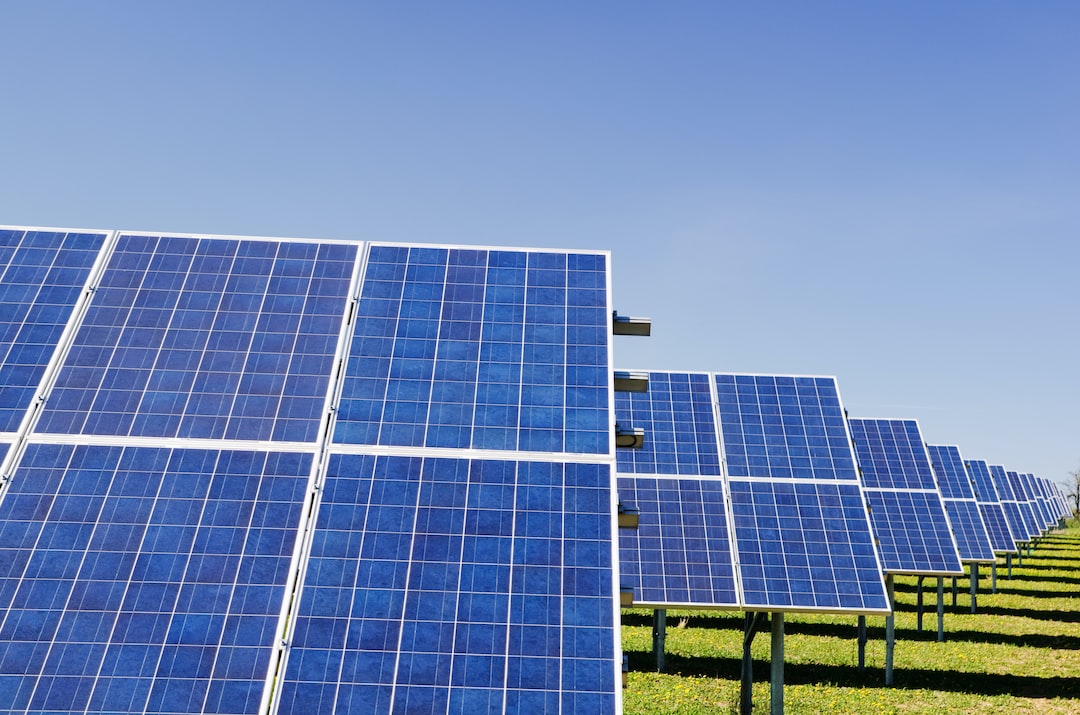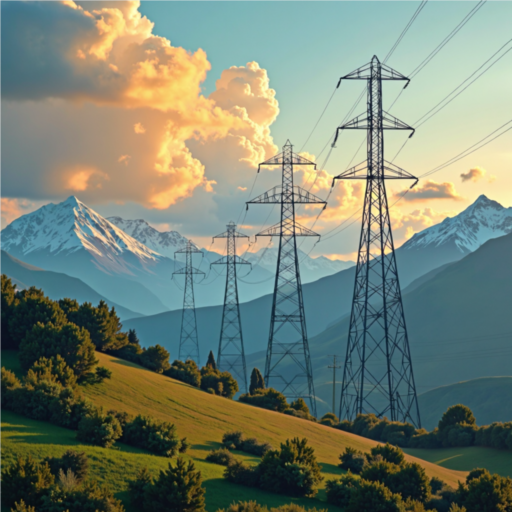Deciding Between Fixed and Variable Rates: Making an informed decision between fixed and variable rate energy contracts is crucial. Fixed rates provide stability, but they might be higher than current variable rates. On the other hand, variable rates can offer savings when energy prices are low but pose a risk if prices increase. Consumers need to weigh these factors based on their financial stability, risk tolerance, and market conditions.
Role of Renewable Energy: The increasing adoption of renewable energy sources like wind and solar can impact energy prices. Fixed price energy contracts might become more attractive as renewable energy reduces overall energy costs, potentially leading to more stable and lower fixed rates.
Impact of Government Policies: Government policies and regulations play a pivotal role in the energy market. Policies promoting renewable energy and energy efficiency can lead to lower energy prices, benefiting consumers on fixed price contracts. On the other hand, changes in taxes or subsidies could lead to rate adjustments, even within fixed contracts.
Addressing Common Misconceptions Of Energy Fixed Rate
Fixed Doesn’t Always Mean Cheaper: A common misconception is that fixed rate contracts always offer lower prices. This is not always the case, and prices depend on market conditions at the time of signing the contract. Consumers need to conduct thorough research and comparisons to ensure they are getting a good deal.
Understanding Rate Increase Clauses: It’s crucial to understand the specific conditions under which rates in a fixed price contract might be increased. Not all contracts have these clauses, and the conditions can vary significantly between providers. Consumers should seek clarity and transparency before committing to a contract.
The Role of Customer Service and Transparency: Opting for an energy provider with excellent customer service and transparency can make a significant difference. Providers that clearly communicate the terms of their contracts and promptly address customer inquiries can help consumers navigate the complexities of fixed price energy contracts.
Tips for Managing and Optimizing Energy Contracts
Stay Informed and Proactive: Staying informed about market conditions and being proactive in managing energy contracts can lead to substantial savings and a better overall experience. Consumers should regularly review their contracts, be aware of expiration dates, and understand their options for renewal or switching.
Leverage Energy Efficiency: Investing in energy efficiency measures can reduce overall energy consumption, making fluctuations in energy prices less impactful. Whether on a fixed or variable rate contract, energy efficiency is a smart and sustainable choice.
Negotiating for the Best Deal: Don’t hesitate to negotiate with energy providers. Whether you are entering a new contract or renewing an existing one, expressing your needs and expectations can lead to better terms and potentially lower rates.
Looking Toward the Future
The Evolving Energy Market: The energy market is constantly evolving, influenced by technological advancements, shifts in supply and demand, and changes in government policies. Consumers need to stay adaptive and informed to navigate these changes successfully.
Renewable Energy and Future Trends: The increasing role of renewable energy in the global energy mix is a trend that is likely to continue. This shift could lead to more stable and potentially lower energy prices, impacting the attractiveness and terms of fixed price energy contracts.
Building a Sustainable Energy Future: By understanding the nuances of fixed price energy contracts and making informed decisions, consumers play a role in shaping a sustainable energy future. Opting for renewable energy options, investing in energy efficiency, and demanding transparency and fairness in energy contracts contribute to a more sustainable and equitable energy landscape.
Conclusion: Empowering Consumers in the Energy Market
Fixed price energy contracts offer a valuable option for consumers seeking stability in their energy costs. While there are scenarios where rates might be increased, understanding the terms, conditions, and potential clauses that could lead to such adjustments is key. Armed with knowledge, transparency, and a proactive approach, consumers can navigate the energy market, optimize their energy contracts, and contribute to a more sustainable and fair energy future.




0 Comments